AARP Hearing Center

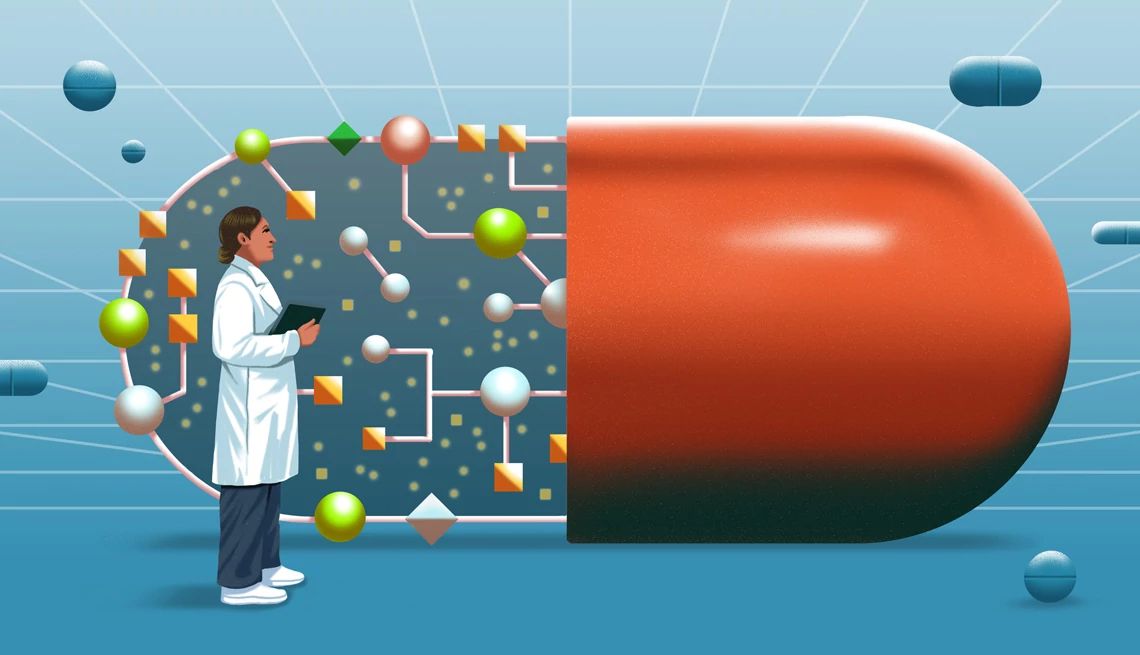
Allen Jones had bought a cemetery plot and was ready to start hospice care, his body and mind ravaged by a rare immune condition that had resisted chemotherapy, a stem cell transplant and a slew of powerful drugs.
A physician from Canada, Jones was in his late 40s, with a wife and young child. “We had all the end-of-life protocols ready,” he says.
Jones, now 51, has the most debilitating form of Castleman disease, which causes the immune system to churn out a torrent of inflammatory proteins that attack vital organs such as the liver and kidneys. Up to 25 percent of people with this condition die within five years.
There is no cure for the form of the disease that struck Jones. But then his doctor heard about an unlikely treatment: An AI-enabled computer program being built in the U.K. had identified the arthritis drug adalimumab (Humira) as a potential treatment for Jones’ condition.
“In a situation where you’re dying, you would do anything,” Jones says. He started weekly injections of the drug. “After a few weeks, it worked. The vast majority of my symptoms got better. I’m alive today because of it.”

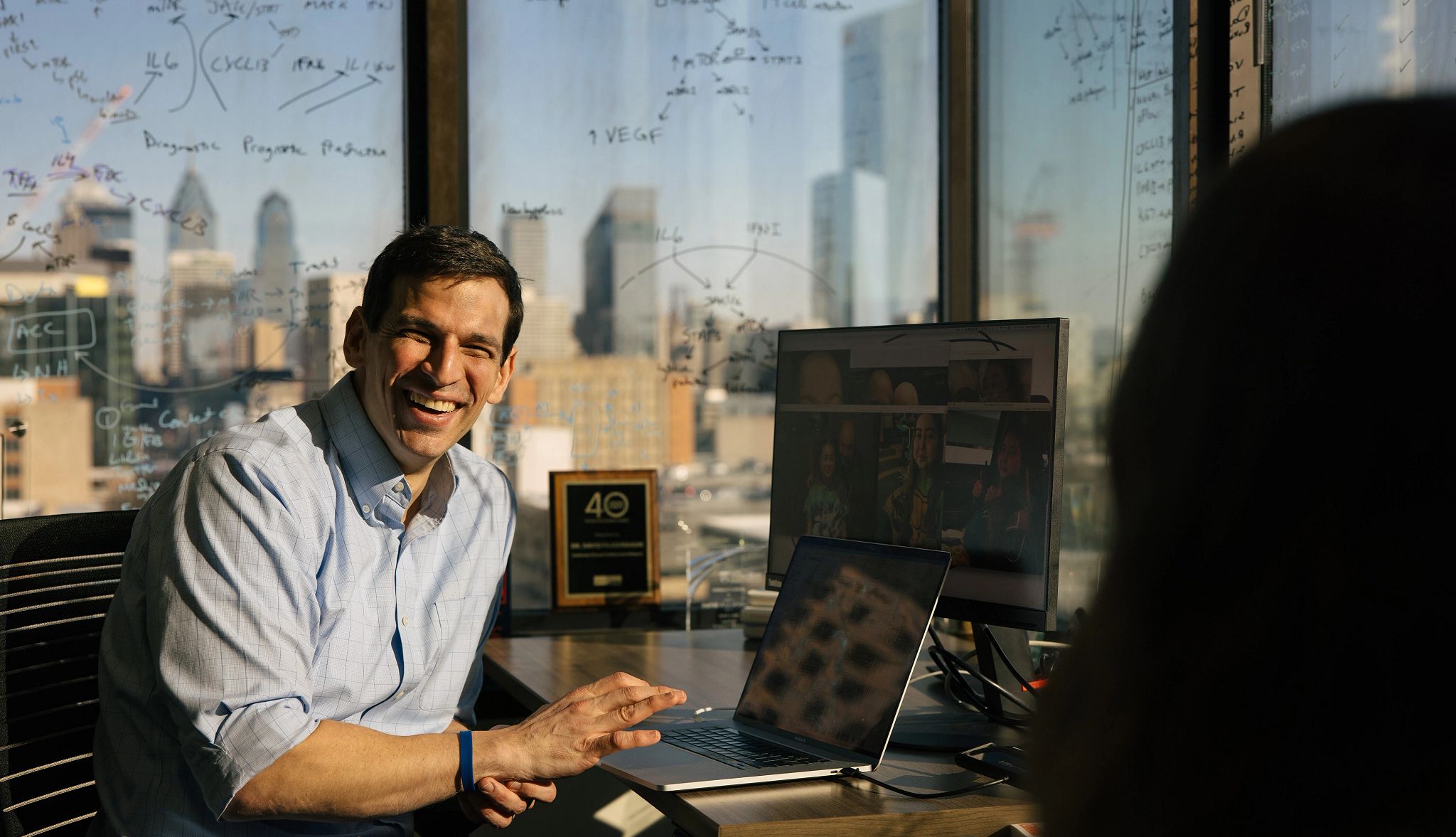
The drug’s off-label use was discovered by Every Cure, a nonprofit organization that has developed an AI-driven mathematical formula to compare 18,500 diseases with more than 4,000 FDA-approved drugs.
“We are on a mission to save lives with the drugs we already have,” says David Fajgenbaum, M.D., associate professor of translational medicine and human genetics at the University of Pennsylvania, who cofounded Every Cure in 2022. “We could potentially double the impact of our medicines in very short order by using them in new ways.”
As drug companies and researchers turn to AI to develop and even design brand-new drugs faster (some are even in human trials), Every Cure and a handful of similar projects in the U.S., Europe and Japan are using artificial intelligence to find existing drugs that can be repurposed to treat the world’s approximately 10,000 rare diseases — and more common conditions, too.

































































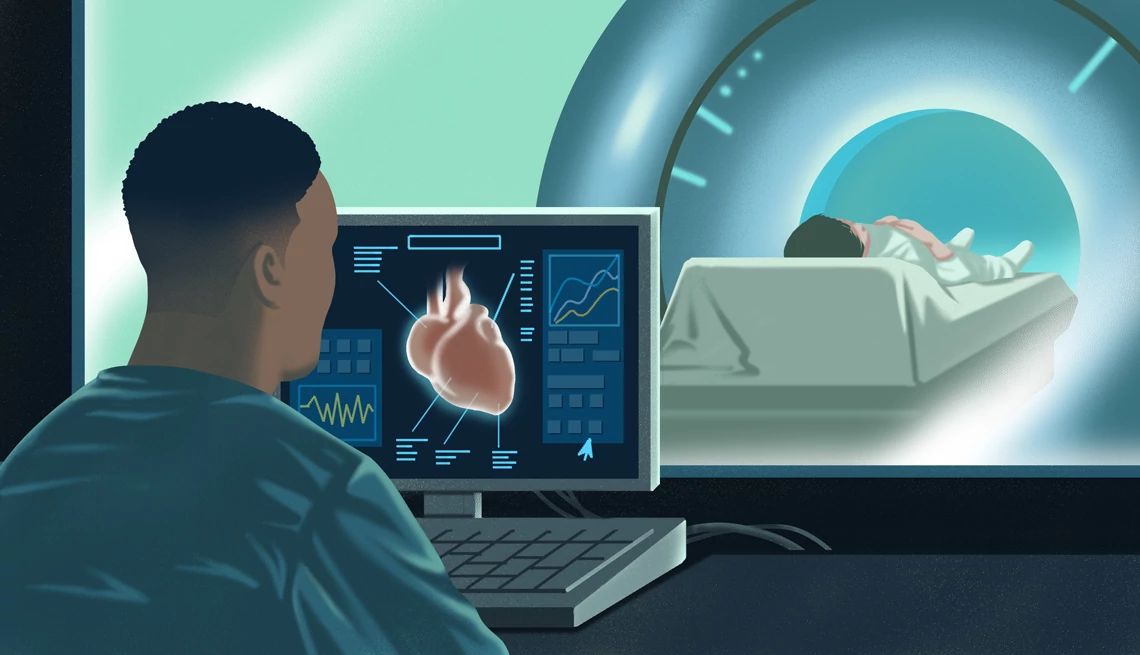
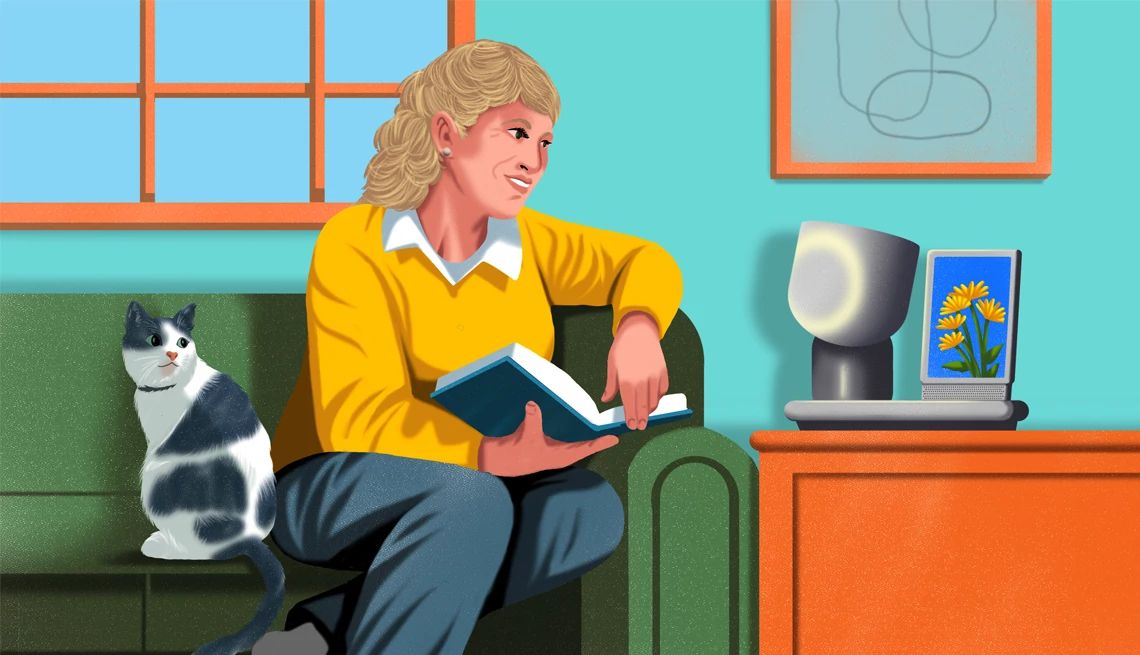
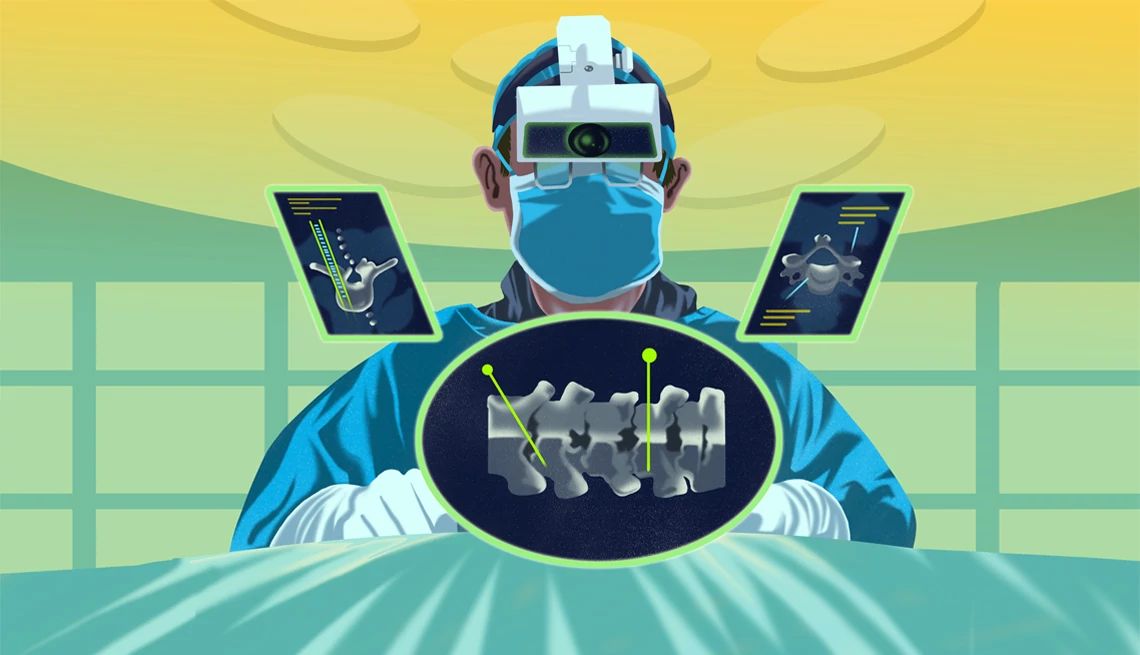
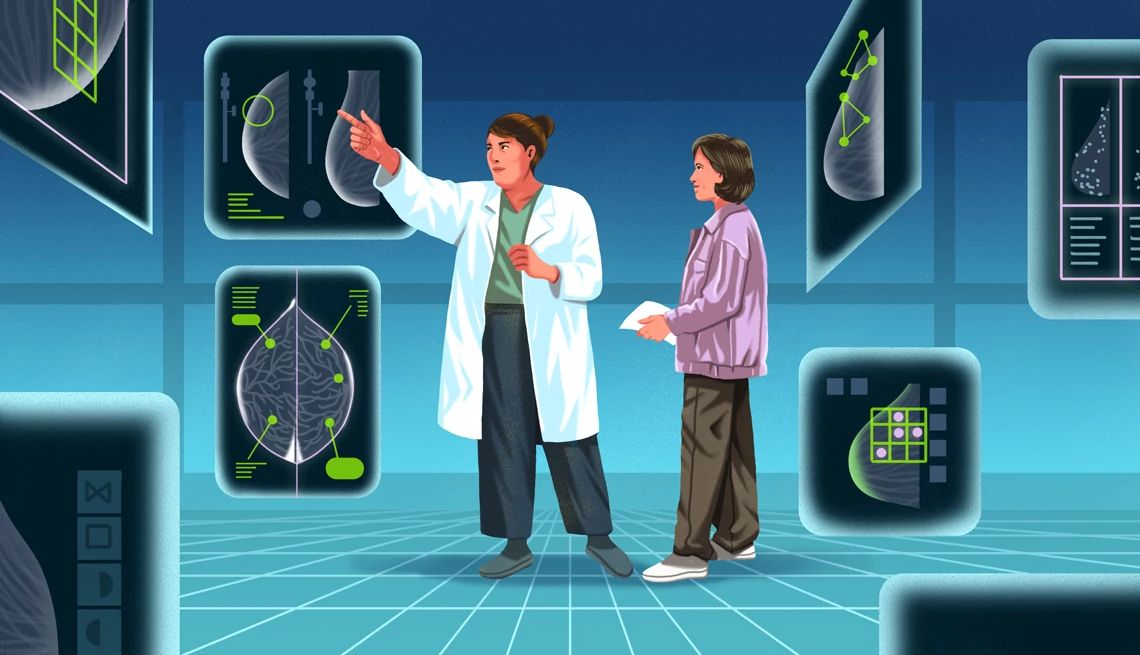

)
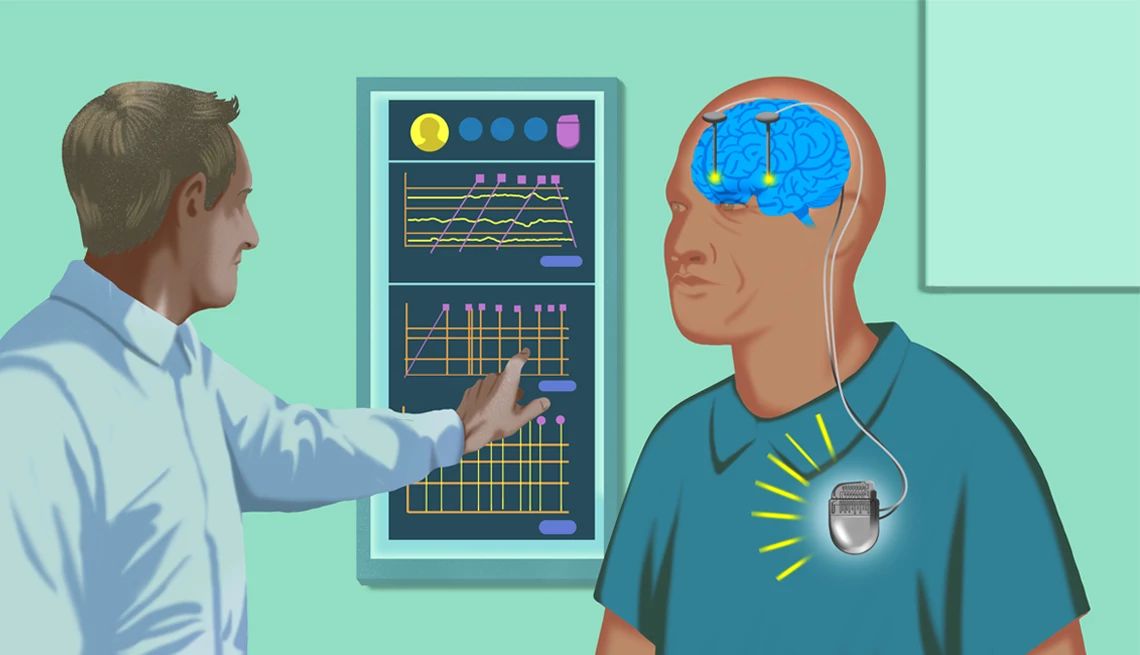
)



You Might Also Like
Smart Guide to Medication Management
This guide has practical strategies to improve health outcomes and peace of mind
What I've Gained From Taking a Weight Loss Drug
Shedding 40 pounds in a few months is just one plusMedical Breakthroughs That Could Impact Aging
Advances that aim to keep us healthier, longer